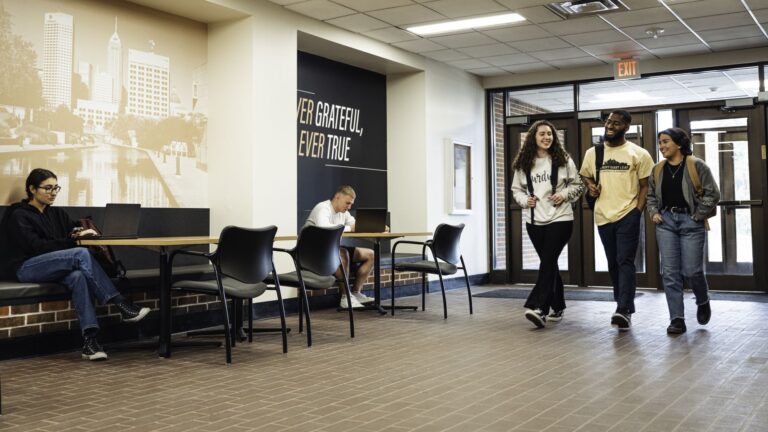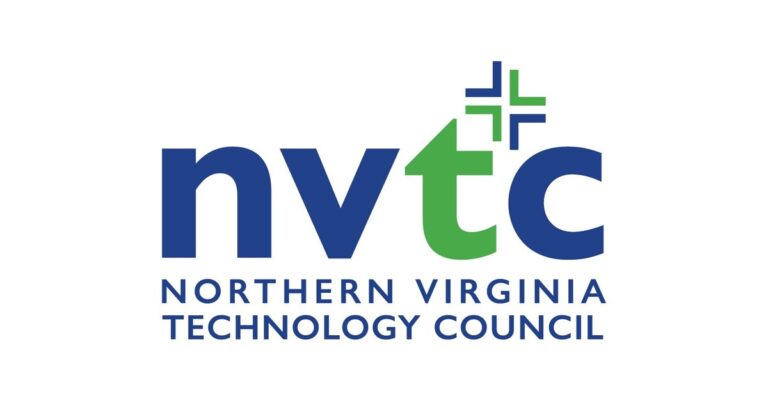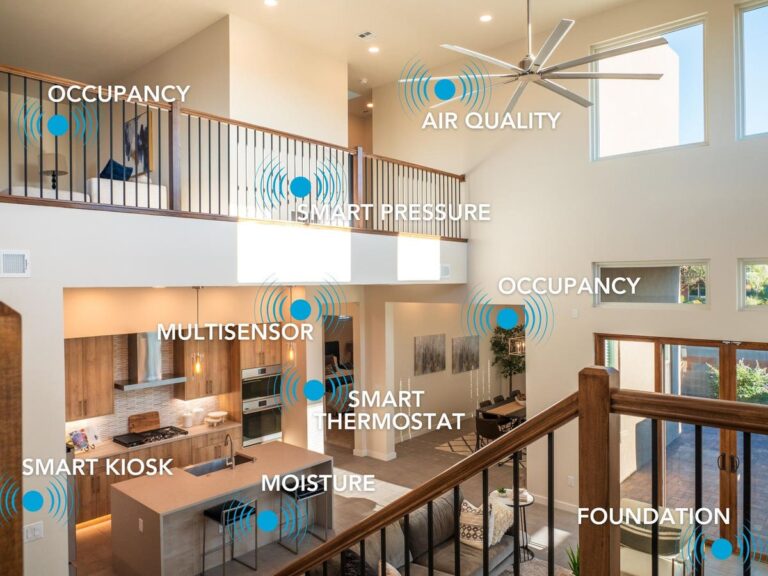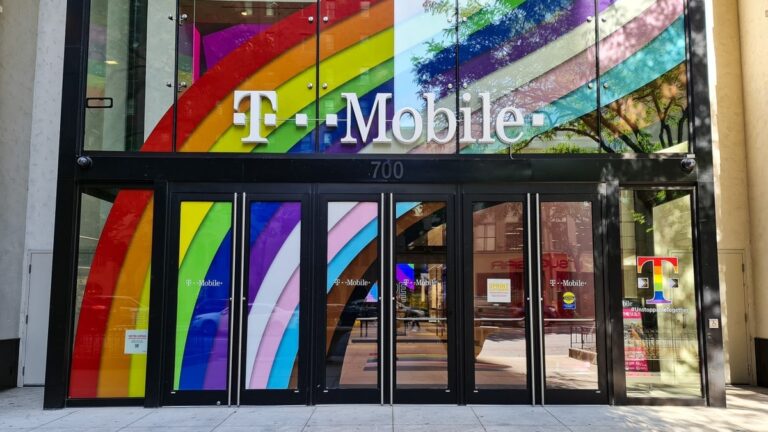

Technology is evolving fast but that doesn’t mean it’s leaving you behind. In fact, some of the most exciting innovations in artificial intelligence (AI) are designed to support people over 50 in living healthier, more connected, and more independent lives.
If you’ve ever asked Alexa for the weather, used a smartwatch to track your steps, relied on a streaming video recommendation or relied on a GPS to get around, you’ve already experienced AI in action. But there’s so much more it can do and it’s not as complicated as it might seem.
Everyday Help, Right at Home
Imagine a smart speaker that reminds you to take your medication, or a thermostat that adjusts automatically to keep your home comfortable. These aren’t futuristic gadgets. They’re real tools powered by AI that are helping older adults stay independent and safe at home.
Take, for example, activity and fall detection systems. These devices can be installed in a home and sense when someone has taken a fall or is active. Using a combination of radar, AI and cellular connectivity, without intrusive cameras, devices can detect when someone is standing upright, sitting, lying down or has fallen, even if that occurs in another room. The system will automatically alert emergency contacts.
Or consider hearing aids. They are now available in innovative forms like hearing aid glasses, which combine stylish eyewear with discreet sound amplification to help people hear better without the bulk of traditional devices They use AI to filter out background noise, bolsters muffled or soft speech in a quiet environment, and even display conversations on the glasses. These tools are changing our lives every day.
Staying Connected, No Matter the Distance
One of the most powerful benefits of AI is how it helps people stay connected. Whether it’s through video calls with family, smart messaging apps that transcribe speech, or even AI-powered translation tools, technology is making communication easier and more inclusive.
For those with hearing or vision challenges, AI can provide real-time captions, translation or voice commands that make digital devices more accessible. It’s not just about convenience. It’s about staying engaged with the people and activities you love.
AI is also transforming how we manage our health. Smartwatches or even rings can now monitor heart rate, sleep patterns, and even detect irregular heart rhythms. Some apps use AI to track blood sugar levels or remind users to take their medications.
And it’s not just physical health. AI is being used to support mental well-being too. Some tools offer guided meditation, mood tracking, or even virtual companionship to help reduce feelings of loneliness.
Addressing Concerns and Building Confidence
Of course, it’s natural to have questions. Many older adults express concerns about privacy, data security, and the feeling that technology is moving too fast. According to a recent study by the AgeTech Collaborative, participants described AI as “fascinating and scary” and emphasized the need for more transparency and regulation.
The good news? You don’t have to be a tech expert to benefit from AI. What matters most is finding tools that meet your needs and fit your lifestyle. Whether it’s a voice assistant that helps with daily tasks or a health app that keeps you on track, the right technology should feel like a helping hand, not a hurdle.
The most important thing to remember is that you’re in control. You don’t need to adopt every new gadget or app. Start small. Try one tool that solves a real problem in your life. Maybe it’s a smart app that reminds you to take your meds, or a video doorbell that helps you feel safer at home.
Technology should work for you. Not the other way around.
Source:





